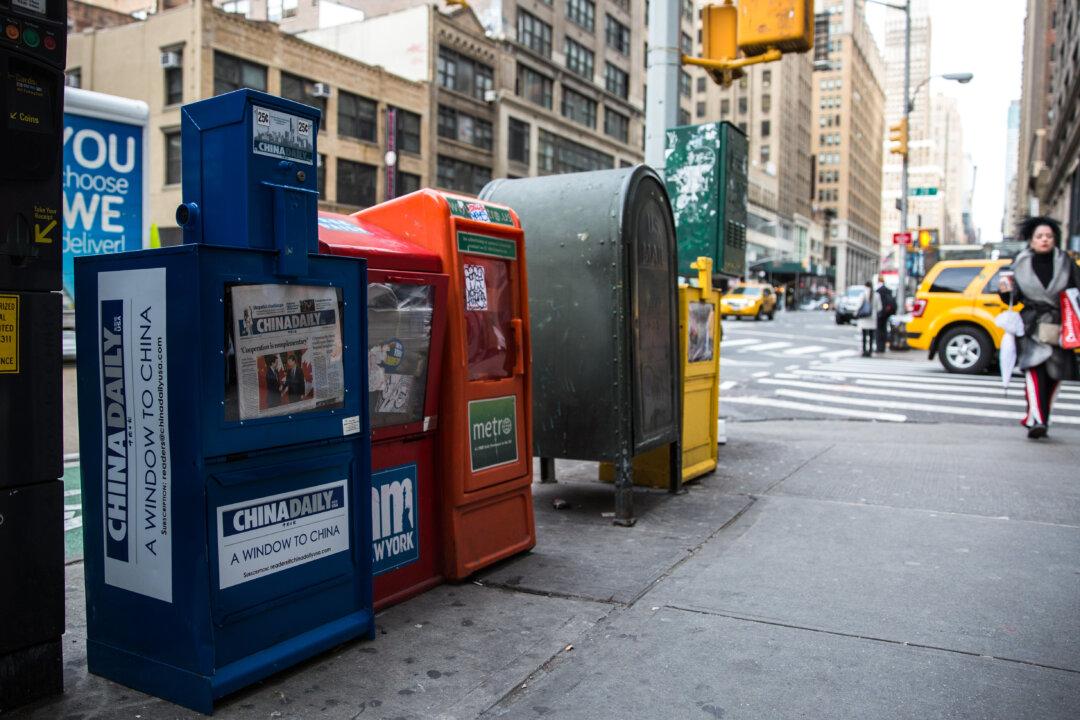In China’s heavily controlled media environment, state mouthpieces such as Xinhua and China Central Television indoctrinate audiences with the Party line. A formidable bureaucracy of censorship watches the diverse array of platforms, from print to screen to web, across which 1.3 billion Chinese receive their information on all conceivable public issues.
And in recent years, Beijing has used its economic might to project its narratives across the open societies of many foreign nations, including the United States.




